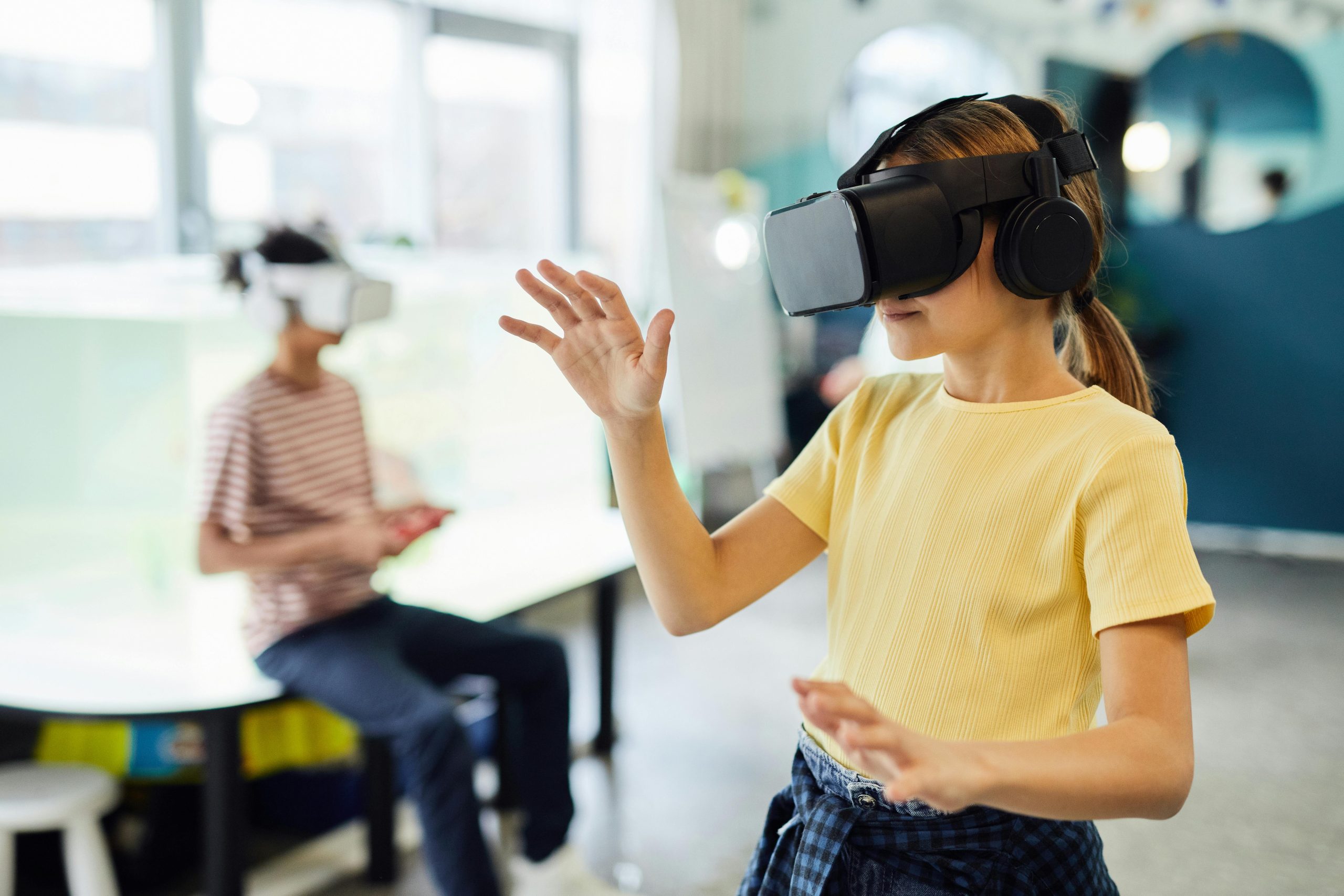Imagine a classroom where every student receives a learning experience tailored to their unique needs, pace, and interests. This isn’t a distant dream—it’s the future of education, powered by artificial intelligence (AI). As AI continues to evolve, its potential to revolutionize education through personalized learning at scale is becoming a reality. From adaptive learning platforms to intelligent tutoring systems, AI is unlocking new possibilities for educators and students alike. In this article, we’ll explore how AI is shaping the future of education, making personalized learning accessible to every student.
The Rise of Personalized Learning
Personalized learning is an educational approach that tailors instruction to meet the individual needs of each student. Traditionally, this has been challenging to implement due to limited resources and large class sizes. However, AI is changing the game by enabling scalable, data-driven personalization.
AI-powered platforms analyze vast amounts of student data—such as learning styles, progress, and engagement levels—to create customized learning paths. For example, if a student struggles with a math concept, the system can provide additional practice problems or alternative explanations. Conversely, if a student excels, the system can introduce more advanced material to keep them challenged.
This level of personalization ensures that no student is left behind or held back, fostering a more inclusive and effective learning environment.
How AI Enables Personalized Learning at Scale
AI’s ability to process and analyze data in real-time is what makes personalized learning scalable. Here’s how it works:
- Adaptive Learning Technologies: These systems adjust content and pacing based on student performance, ensuring each learner receives the right level of challenge.
- Intelligent Tutoring Systems: AI tutors provide one-on-one support, answering questions and offering feedback just like a human tutor would.
- Predictive Analytics: By identifying patterns in student data, AI can predict potential learning gaps and intervene before they become problematic.
These technologies empower educators to deliver personalized instruction to hundreds or even thousands of students simultaneously, something that would be impossible without AI.
The Benefits of AI-Driven Personalized Learning
The integration of AI into education offers numerous benefits for students, teachers, and institutions:
- Improved Student Outcomes: Personalized learning helps students master concepts at their own pace, leading to better retention and understanding.
- Increased Engagement: When learning is tailored to their interests and abilities, students are more motivated and engaged.
- Teacher Support: AI handles routine tasks like grading and assessment, freeing up teachers to focus on mentorship and instruction.
- Equity in Education: AI can bridge gaps for underserved students by providing high-quality, personalized resources regardless of location or socioeconomic status.
These advantages highlight why AI-driven personalized learning is poised to become a cornerstone of modern education.
Challenges and Ethical Considerations
While the potential of AI in education is immense, it’s not without challenges. Key concerns include:
- Data Privacy: Collecting and analyzing student data raises questions about security and consent. Schools must ensure compliance with regulations like GDPR and FERPA.
- Bias in Algorithms: AI systems can perpetuate biases if not carefully designed. Developers must prioritize fairness and inclusivity in their models.
- Teacher-Student Relationship: Over-reliance on AI could diminish the human connection that’s vital to learning. Balancing technology with interpersonal interaction is crucial.
Addressing these challenges will be essential to harnessing AI’s full potential in education responsibly.
The Future of AI in Education
As AI technology advances, its role in education will only grow. Here are some exciting possibilities on the horizon:
- Virtual Classrooms: AI could create immersive, interactive learning environments where students collaborate with peers and AI tutors in real-time.
- Lifelong Learning: AI-powered platforms will support continuous education, helping individuals upskill and reskill throughout their careers.
- Global Accessibility: AI can democratize education by providing high-quality learning resources to students in remote or underserved areas.
The future of AI in education is bright, promising a world where personalized learning is not just a luxury but a standard for all.
Conclusion
AI is transforming education by making personalized learning scalable and accessible to every student. From adaptive technologies to intelligent tutoring systems, AI empowers educators to meet the diverse needs of learners while improving outcomes and engagement. However, realizing this potential requires addressing ethical concerns and ensuring a balanced approach that values both technology and human connection. As we look ahead, the future of AI in education holds limitless possibilities—unlocking opportunities for students everywhere to learn, grow, and succeed.






Leave a Reply